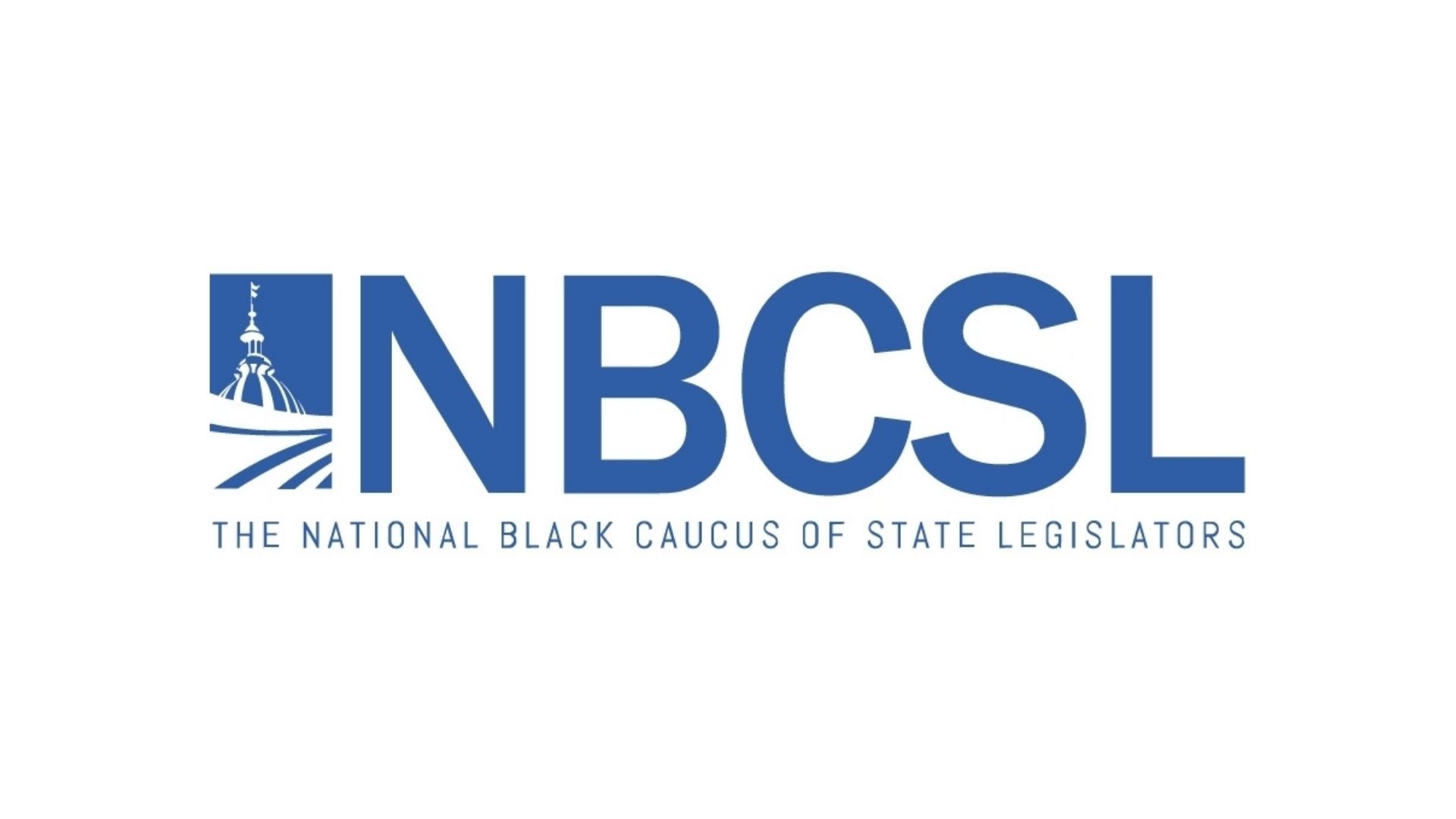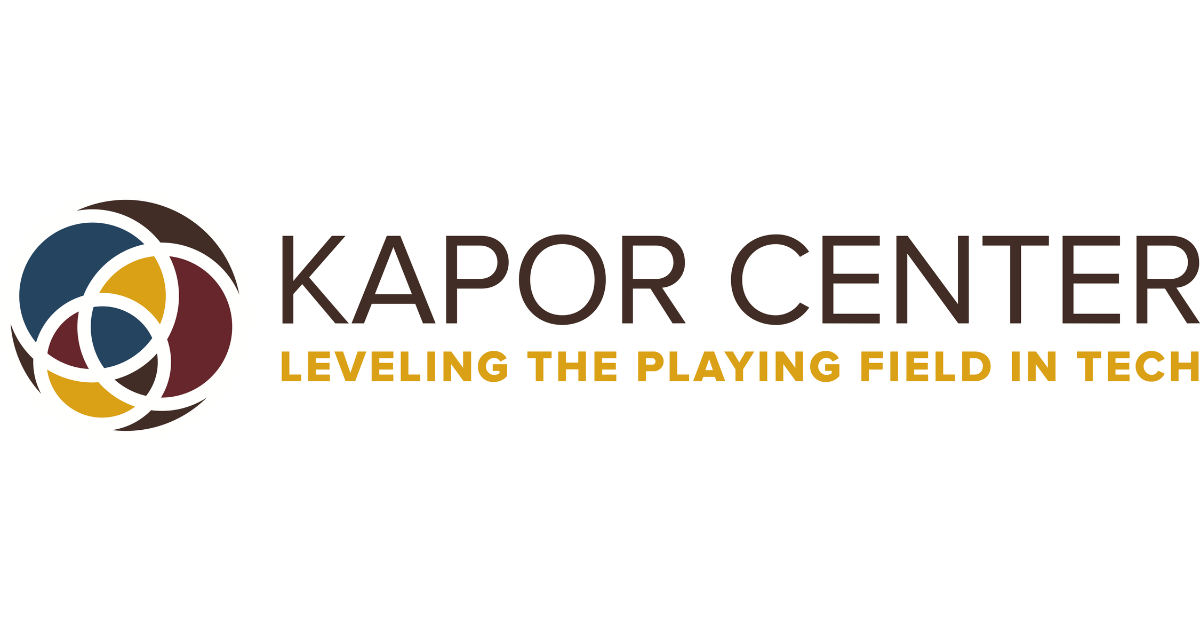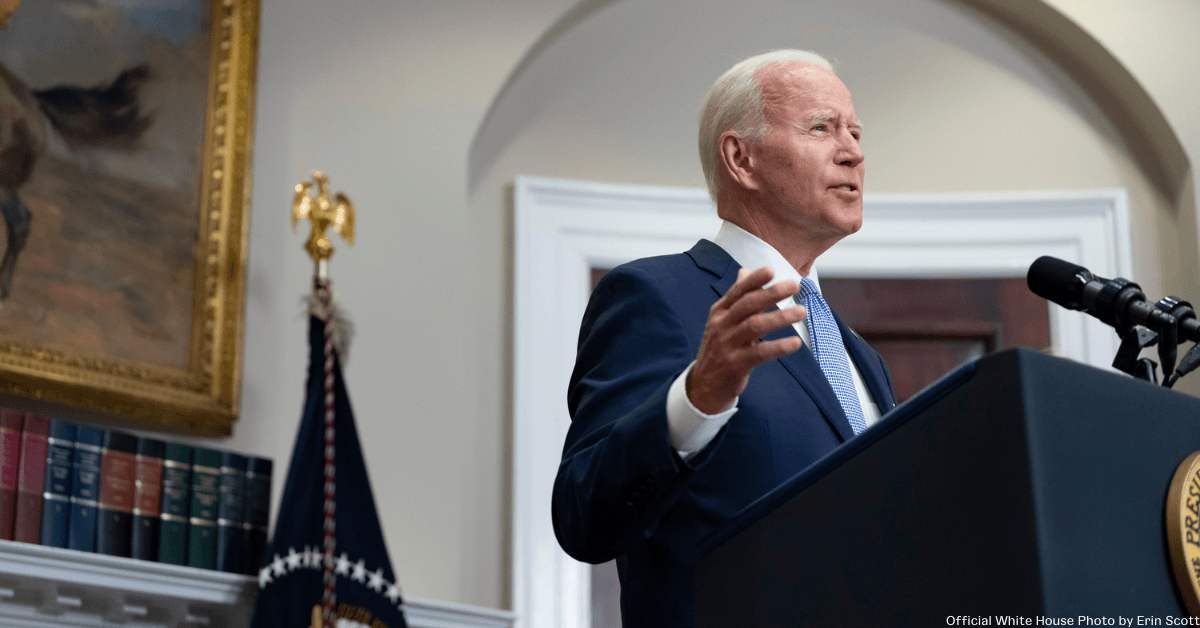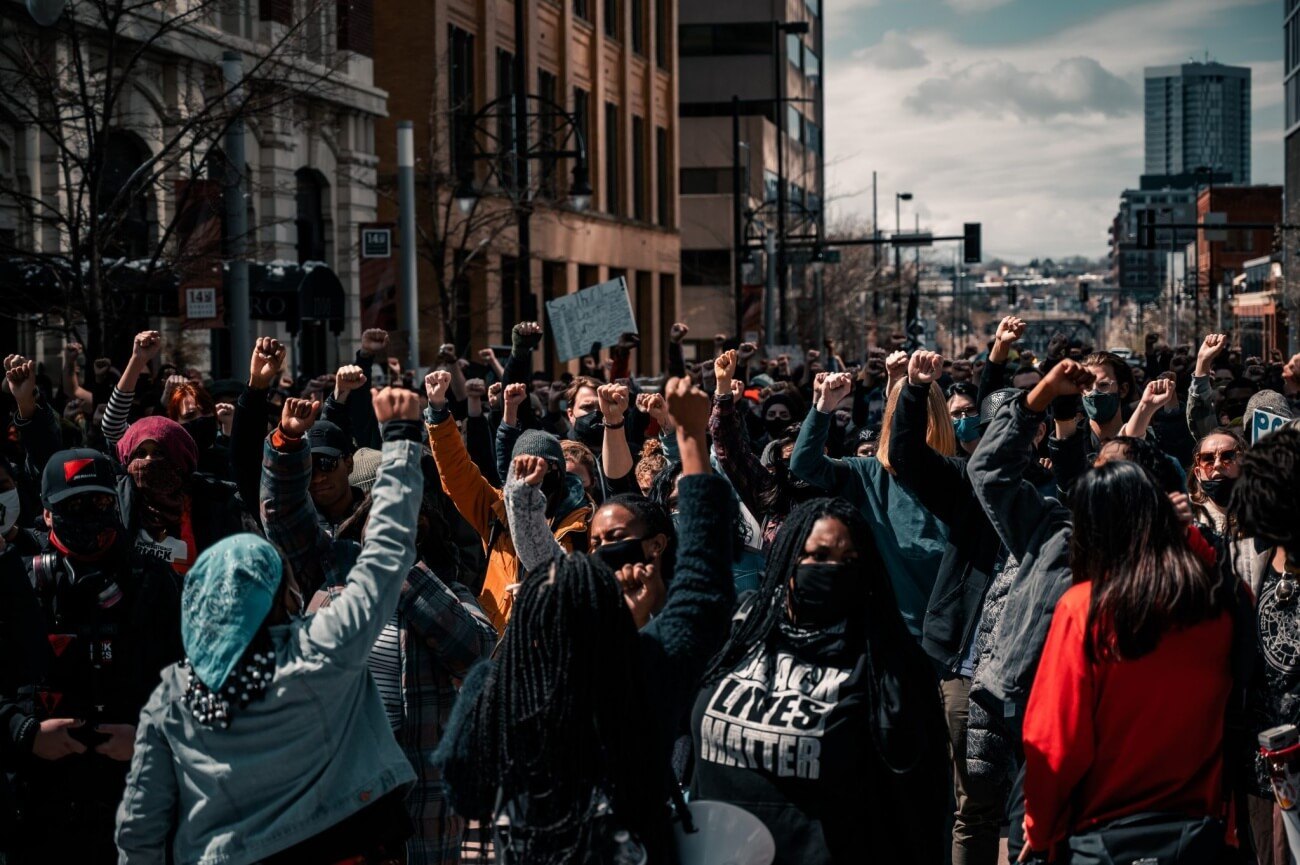KEY INSIGHTS
- The 2021 National Black Caucus of State legislators (NBCSL) held interactive legislation sessions on topics ranging from disparities in healthcare to modeling legislative resolutions.
- Black state legislators are working on community building in housing and urban development.
- Current 2021 and upcoming 2022 policy resolutions discussions are underway.
The work of Black state legislators and advocates stems from the thoughts on how to advance the Black community. The 2021 National Black Caucus of State legislators (NBCSL) conference was the space to discuss where things stand and provide resources to aid legislators in policymaking. Though this year’s NBCSL conference has come to a close, there are takeaways from the many conversations among Black state legislators.
“We’ve worked hard to put together a rich program for this year full of information and resources that you can use when you go back to your states and communities,” Cherrish Pryor, Illinois State Representative and NBCSL Treasurer, said in an NBCSL roundtable discussion.
The four-day conference was held from November 30th through December 3rd in Atlanta and featured Black state legislators, sponsors and advocates.
Interactive plenary and policy sessions brought up plans ranging from addressing disparities in healthcare to modeling legislative resolutions. Protecting and building Black communities was the top priority for Black legislators and other members of Congress.
For Marcia Fudge, the United States Secretary of Housing and Urban Development, building stronger communities starts with developing relationships. Fudge has demonstrated this across her career helping low-income families, seniors and communities throughout the country.
“There is dignity in every man, woman and child,” Fudge said during her NBCSL conference keynote address. “It’s one of the highest responsibilities of our government to see people and to lift them up.”
According to a White House report, The Biden-Harris Administration has improved Black Americans’ housing and grown wealth. Biden signed the historical American Rescue Plan (ARP), which provides emergency grants and implemented robust regulatory reform.
The ARP now includes resources for wealth creation through small business ownership in Black communities. Additionally, federal agencies are also ensuring that projects proposed for federal funding are reviewed for impacts before they are awarded and that federal funding does not go to grant applicants with a record of racial discrimination.
Earlier this year, Biden organized the first-ever interagency effort to address inequity in-home appraisals and conduct rulemaking to aggressively combat housing discrimination. Secretary Fudge and Domestic Policy Advisor Susan Rice are developing a set of policy recommendations and actions for President Biden to redress racial bias in home appraisals.
State and local governments have used ARP funds to take care of the most pressing economic issues in public health and vaccinations to affordable housing to broadband access and infrastructure according to a U.S. Department of Treasury report. Washington, D.C. is working to use $350 million in American Rescue Plan funds towards investments in the production and preservation of affordable housing.
A national network of local leaders is centering racial equity for community revitalization, according to a Brookings Institute report. Purpose Built Communities is a non-profit organization that supports a network of local groups leading holistic revitalization efforts in 28 neighborhoods in 24 cities across the country.
The model’s comprehensive revitalization approach uses sociological, economic and legal research, including concurrent investments in mixed-income housing, high-quality cradle-to-college education resources and health and wellness services and infrastructures such as clinics and parks.
Black state legislators are working now for 2022 policy resolutions ratification and model legislation.
NBCSL encouraged state legislators to seek legislation to help patients afford their medication, with legislators researching the fiscal impact of state health care plans to treat chronic diseases. NBCSL also supports enhancing pharmacy providers’ consumer choices and limiting high deductible plans.
NBCSL also introduced the Support Rare Diseases resolution that will work to increase the representation of Americans with rare diseases in state and government to guarantee legislation for people with rare diseases. NBCSL also holds continual support of established Rare Disease Advisory Councils in all states.
The Georgia HouseBill 164, Prescription Drug Consumer Financial Protection Act, helps patients get rebates at the point of sale that they need to afford prescription drugs. The act also allows all health insurers to pass along no less than 80 percent of all prescription drug rebates to enrollees that insurers receive from third parties.
This year’s NBCSL gathering among the state legislators will continue to yield legislation that better assists the Black community.
Sponsored Series: This reporting is made possible by the The Ewing Marion Kauffman Foundation
The Ewing Marion Kauffman Foundation is a private, nonpartisan foundation based in Kansas City, Mo., that seeks to build inclusive prosperity through a prepared workforce and entrepreneur-focused economic development. The Foundation uses its $3 billion in assets to change conditions, address root causes, and break down systemic barriers so that all people – regardless of race, gender, or geography – have the opportunity to achieve economic stability, mobility, and prosperity. For more information, visit www.kauffman.org and connect with us at www.twitter.com/kauffmanfdn and www.facebook.com/kauffmanfdn.








